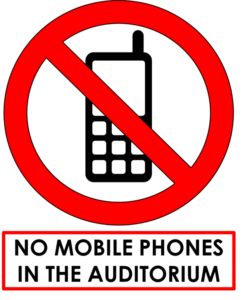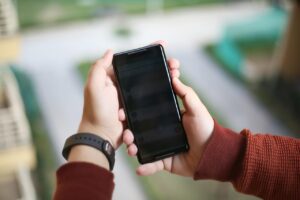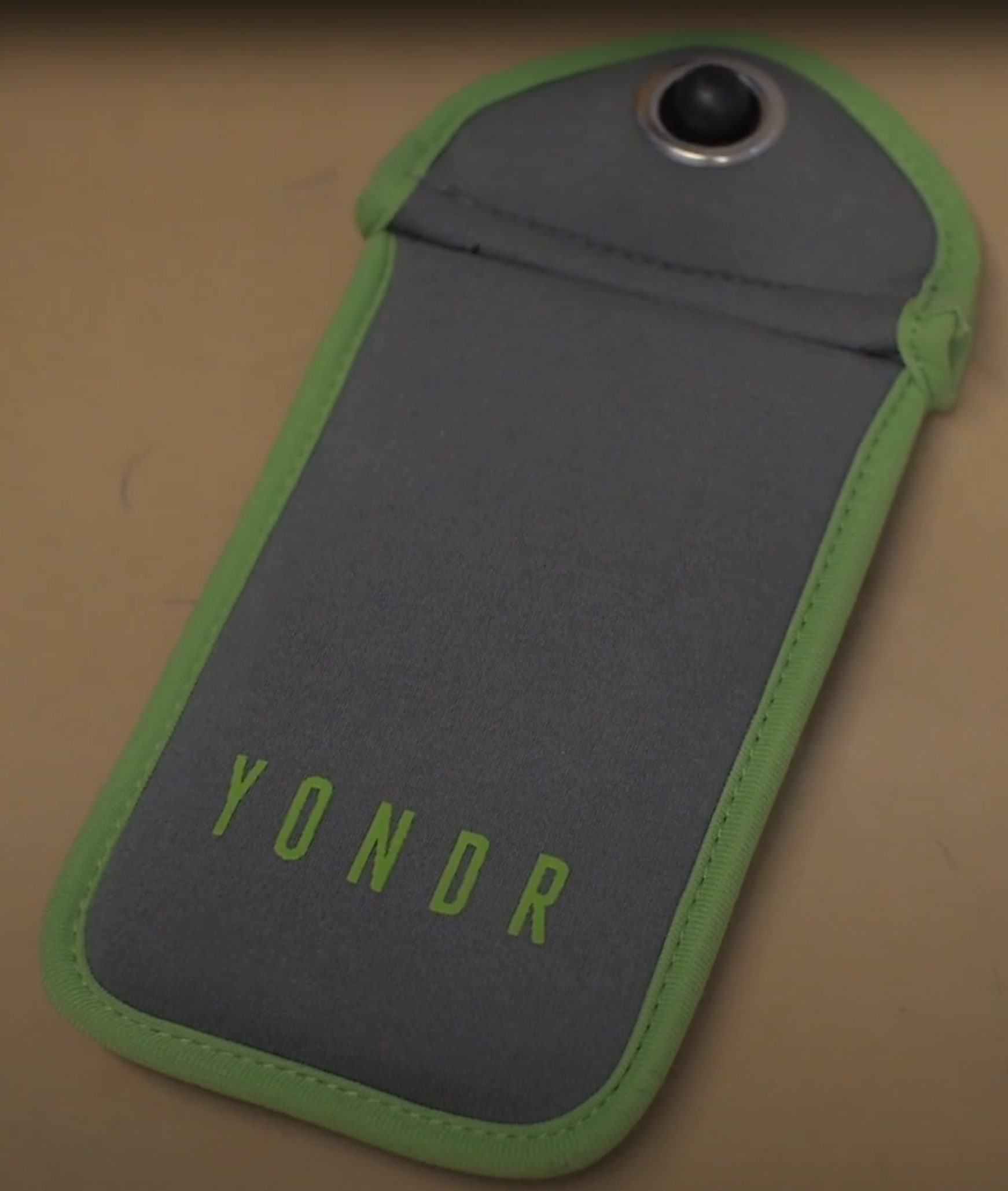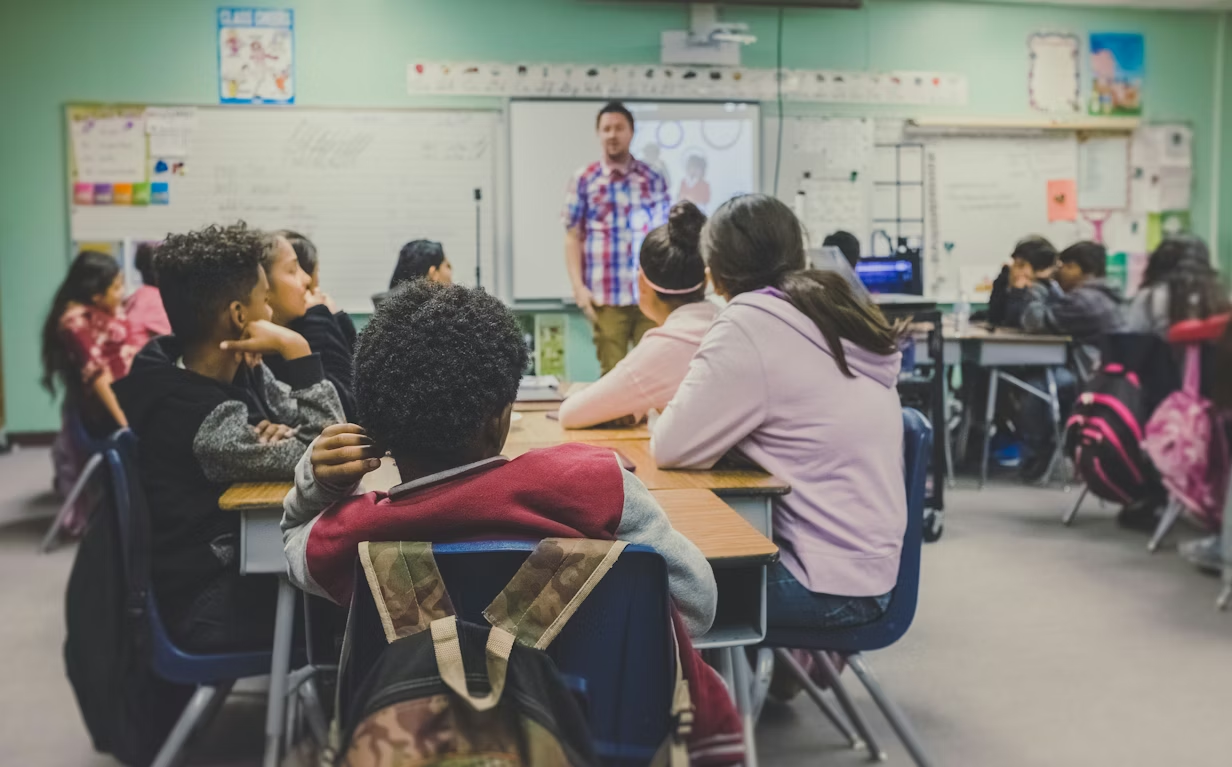On June 20, 2025, Texas Governor Greg Abbott signed the Texas House Bill 1481 into law. A bill that restricts the use of personal communication devices by students in public and charter schools, publicly funded independent schools established by teachers and community groups under the terms of a charter with a local or national authority, and property during the school day for all grade levels K–12. This bill prohibits the use of devices like headphones, earbuds, cellphones, tablets, smart watches, and any other personal communication devices (PCDs) that allow for communication outside of the school.
 Along with the ban, there are associated consequences for students who decide to break the norm, informal rights created by society that control others’ actions. The bill gives the student four “strikes,” which all include confiscation of the device by campus administration. But as the strikes are accumulated, the punishment, negative values attached to an action, the student goes from being written up to being placed in in-school suspension (ISS) and disciplinary alternative education programs (DAEP).
Along with the ban, there are associated consequences for students who decide to break the norm, informal rights created by society that control others’ actions. The bill gives the student four “strikes,” which all include confiscation of the device by campus administration. But as the strikes are accumulated, the punishment, negative values attached to an action, the student goes from being written up to being placed in in-school suspension (ISS) and disciplinary alternative education programs (DAEP).
But not everyone is on board with this bill. As soon as it was signed into law, there was outrage in social media, ranging from students who wanted to use their devices in school hours for various reasons, such as safety and learning purposes, to parents who were concerned about the reinforcement of power dynamics inflicted on their children at school.
From a sociological perspective, the passing of this bill can be looked at through the lens of conflict theory — which is rooted in Karl Marx’s idea of dominant groups maintaining power over the subordinate groups — emphasizing how laws and policies often reflect the interests of those in power rather than addressing the needs of all groups equally. In this case, while the law is framed as promoting education — a social institution through which society teaches members the skills, knowledge, norms, and values they need to be good members of society — and academic discipline, it reinforces institutional authority by giving schools the power to take away the student’s communication with the outside world and giving increased control over the student’s behavior.
 Conflict theorists would argue that this is an example of how institutions maintain social order by enforcing conformity. In this case, schools act as agents of socialization — the influencers of social development and behaviors, which include individuals, groups, institutions, and social context — that teach students to accept authority and follow established rules without question. The phone ban, while appearing to promote discipline, also functions as a method of social control that benefits those in power, administrators, and lawmakers by reinforcing obedience and dependence within the school system. Students learn that noncompliance results in punishment, mirroring the power structures that exist in broader society.
Conflict theorists would argue that this is an example of how institutions maintain social order by enforcing conformity. In this case, schools act as agents of socialization — the influencers of social development and behaviors, which include individuals, groups, institutions, and social context — that teach students to accept authority and follow established rules without question. The phone ban, while appearing to promote discipline, also functions as a method of social control that benefits those in power, administrators, and lawmakers by reinforcing obedience and dependence within the school system. Students learn that noncompliance results in punishment, mirroring the power structures that exist in broader society.
Schools as social institutions, an interrelated system of social roles and social norms organized around the satisfaction of an important social need, are not neutral but actively perpetuate social and societal structures, including bureaucracies and inequalities. For example, marginalized students who rely on their phones for translation, safety, or family communication may be more affected by this ban, reinforcing their disadvantages.
Overall, the Texas phone ban is a clear demonstration of how schools are not just spaces of learning but also sites where social norms, power, and authority are reinforced. While House Bill 1481 is framed around improving discipline and behaviors in the classroom, from a sociological perspective, it reveals deeper implications about control and the reproduction of social structures. Ultimately, the phone ban serves as a reminder that institutional policies extend beyond the classroom, and shape not only academic outcomes but also the experience of students in their place in the larger system that is society.
Pineda-Horta is a guest blogger at UITAC Publishing. UITAC’s mission is to provide high-quality, affordable, and socially responsible online course materials.
Images used in this blog:
- “Yondr pouch” by Ted Everett is licensed on Wikimedia Commons under the Creative Commons Attribution 3.0 Unported license. This image has not been altered.
- “No Mobile Phone in auditorium” by Amityadav8 is licensed on Wikimedia Commons under the Creative Commons Attribution-Share Alike 3.0 Unported license. This image has not been altered.
- “Smartphone, Hand, Android” by F1Digitals is free to use under the Pixabay Content License. This image has not been altered.




